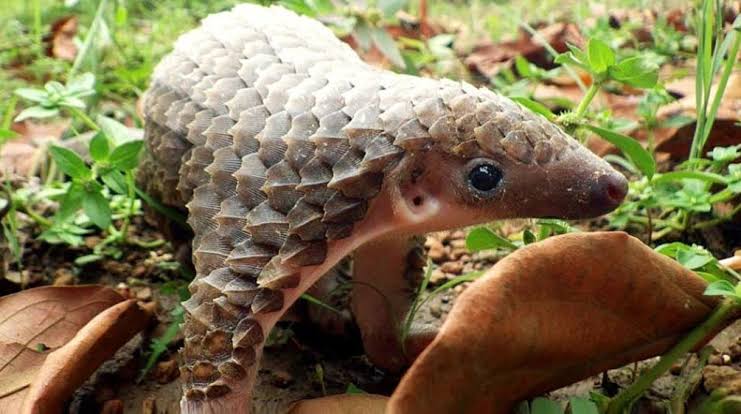The Wildlife Society of Nigeria (WISON) has warned Nigerians against the consumption of bushmeat and participation in the wildlife trade, citing grave public health risks and the negative impact on the nation’s biodiversity.
The caution was issued in a communiqué at the end of WISON’s three-day national conference on “Globalisation and Wildlife Trade: Trends and Impacts on Conservation” held at the Federal University of Technology, Akure (FUTA).
Signed by WISON’s National President, Prof. Jayeola Omotola, and Secretary, Dr. Jacob Orimaye, the communiqué emphasised that bushmeat consumption and wildlife trade increase exposure to zoonotic diseases and undermine conservation efforts.
The Society called for the integration of wildlife health monitoring into Nigeria’s national health systems, stressing the need for stronger enforcement mechanisms against poaching and transnational trafficking, as well as measures to curb corruption that weakens governance in the conservation sector.
It also recommended the adoption of modern technologies such as GIS, drones, environmental DNA, and blockchain to enhance monitoring, transparency, and enforcement.
Furthermore, WISON urged the government to harmonise and update conservation laws in line with international best practices and to develop sustainable human–wildlife coexistence strategies that reduce conflicts and preserve natural resources.
The Society advocated for the positioning of ecotourism and cultural heritage as viable pathways for conservation-friendly development and sustainable livelihoods. It also called for increased training of conservation professionals and grassroots actors to close institutional skill gaps, as well as broader advocacy and education to build a conservation-conscious society.
WISON further appealed for stronger global partnerships to boost Nigeria’s participation in international conservation initiatives aimed at combating wildlife crime and biodiversity loss.
The communiqué concluded with a call on government, civil society, academia, and international partners to intensify collective action in safeguarding Nigeria’s natural heritage for present and future generations.















